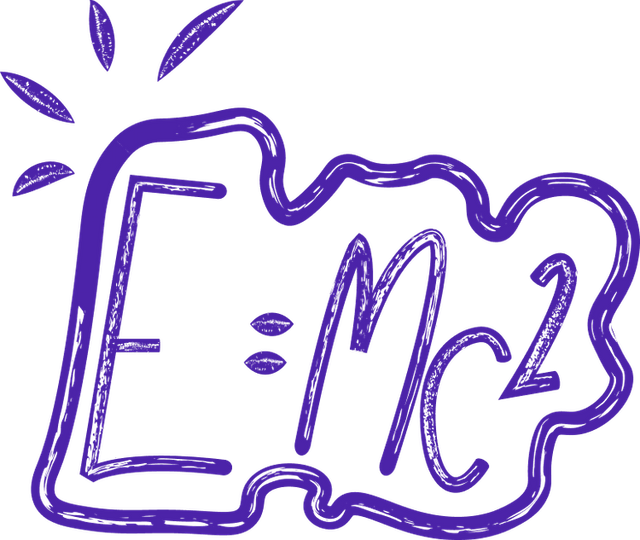
clean code
Clean Code
In the world of software development, clean code is an essential concept that revolves around producing high-quality, maintainable, and efficient software systems. It goes beyond merely making the code work; it emphasizes writing code that is easy to understand, modify, and extend. Clean code is a testament to a software engineer's craftsmanship and professionalism, as it reflects their dedication to creating software that is not only functional but also elegant and sustainable.
The Importance of Clean Code in Software Development
Clean code plays a pivotal role in the success of software projects. It fosters collaboration among team members, enabling seamless code reviews and reducing the learning curve for new developers joining the project. By adhering to clean coding practices, software engineers ensure that their code is self-explanatory and communicates its purpose effectively. This clarity helps minimize misunderstandings, reduces bugs, and simplifies the debugging process.
Simplicity as a Guiding Principle
One of the fundamental principles of clean code is simplicity. Simplicity is not about writing the shortest or fewest lines of code; rather, it is about striving for clarity and minimizing complexity. Clean code avoids unnecessary abstractions, convoluted logic, and redundant code, making it easier to comprehend and maintain. By prioritizing simplicity, software engineers enhance the code's readability, which is crucial for long-term maintainability and reducing technical debt.
Readability: The Cornerstone of Clean Code
Readability is at the heart of clean code. It encompasses the use of descriptive and meaningful variable names, well-structured functions and classes, and consistent formatting conventions. Clean code follows established coding standards and conventions, making it easier for developers to navigate and understand the codebase. It employs proper indentation, avoids excessive nesting, and uses comments judiciously to provide additional context where necessary.
Maintainability and Extensibility
Clean code is highly maintainable and extensible. Through its simplicity and readability, clean code allows developers to make changes with confidence, knowing that they won't inadvertently introduce bugs or create unintended side effects. It encourages the use of modular and decoupled components, facilitating easy modification and extension without affecting the entire codebase. Clean code also promotes the use of automated testing, enabling developers to validate their changes and ensure the code's integrity.
Continuous Improvement and Refactoring
Clean code is not a one-time effort; it requires continuous improvement and refactoring. As software requirements evolve and new insights emerge, software engineers must invest time and effort into refining the codebase. By regularly refactoring the code, they remove duplication, improve performance, and enhance the overall quality of the software. This commitment to continuous improvement helps prevent code decay and ensures that the software remains robust and adaptable.
In conclusion, clean code is an indispensable aspect of software development that goes beyond mere functionality. It encompasses simplicity, readability, maintainability, and extensibility, enabling software engineers to create software systems that are elegant, efficient, and easy to work with. By adhering to clean coding practices, software houses can deliver high-quality software products that not only meet the immediate needs of their clients but also stand the test of time.
Let’s build your next digital product — faster, safer, smarter.
Book a free consultationWork with a team trusted by top-tier companies.








